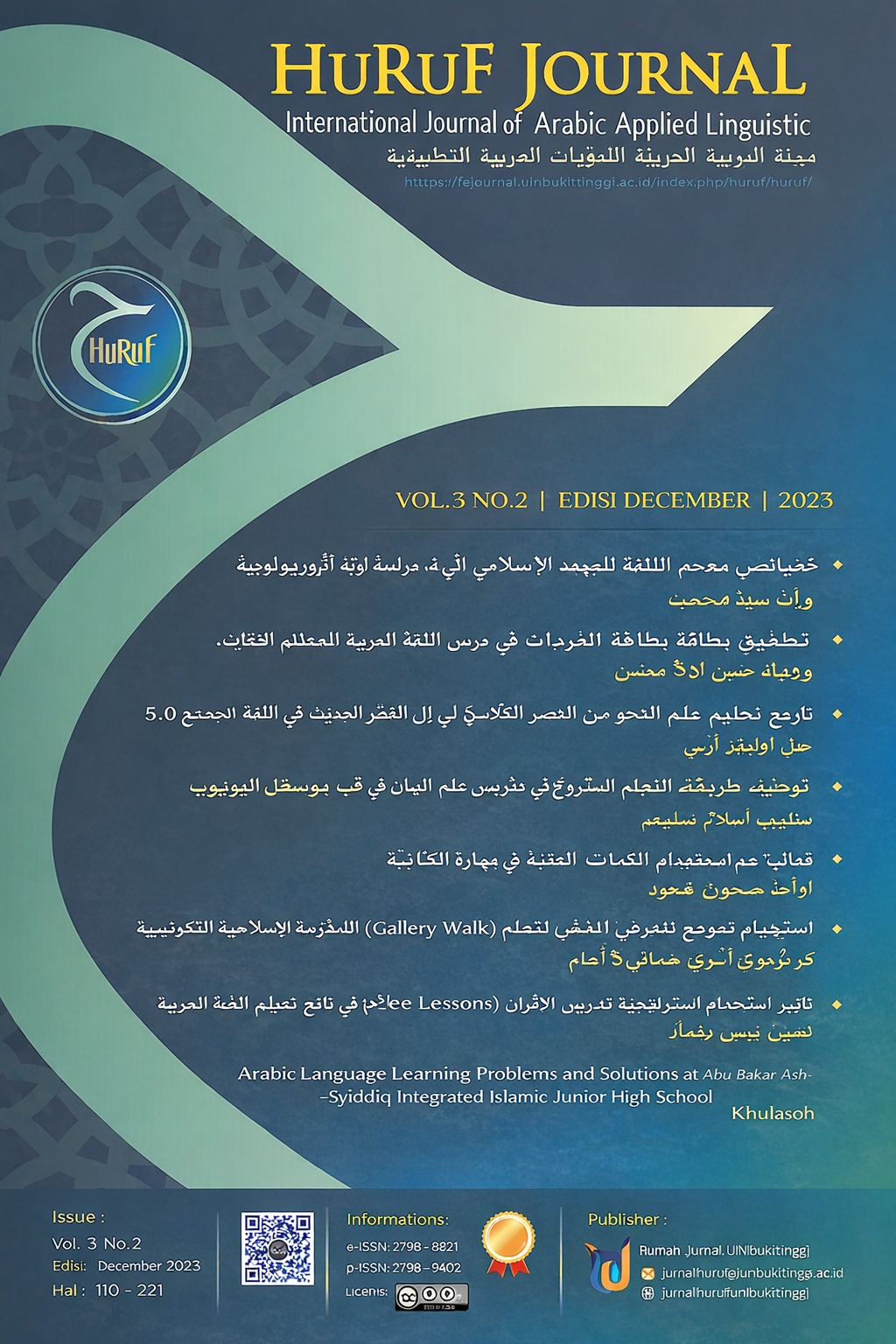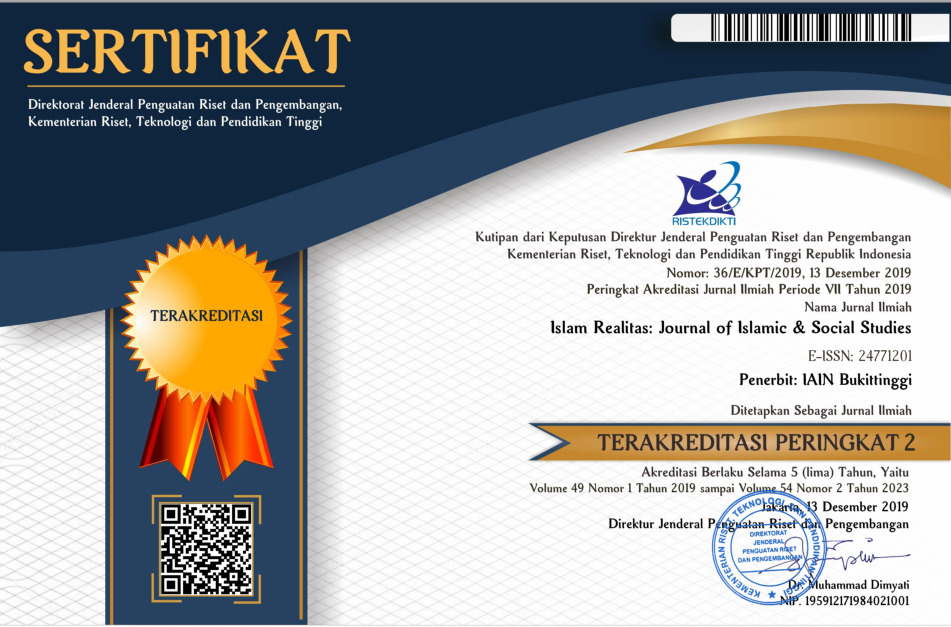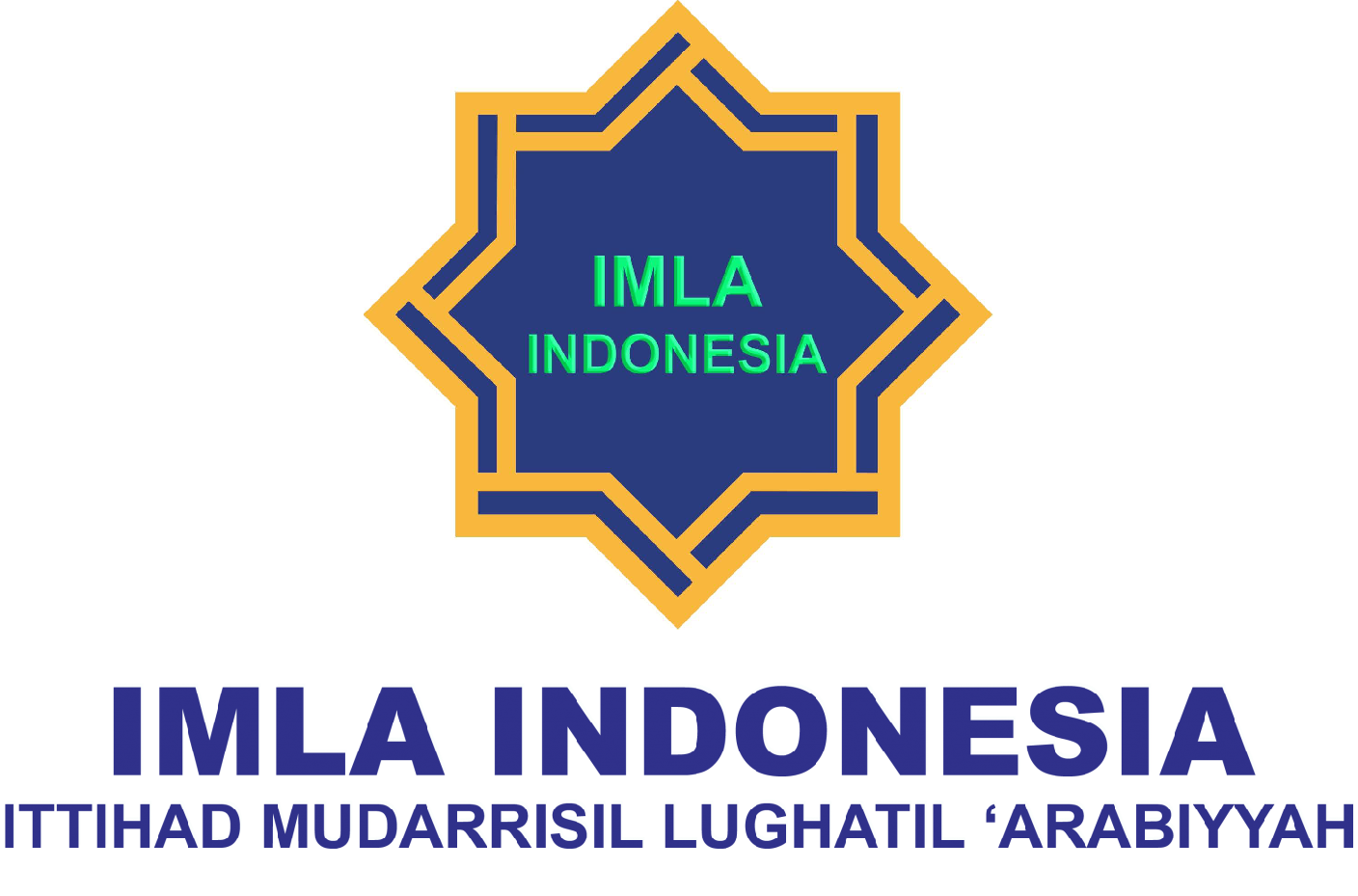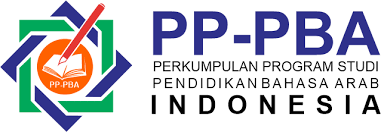Tawẓīf ṬarÄ«qah al-Ta'allum al-QÄ'im Ê¿alÄ al-MashrÅ«' fÄ« TadrÄ«s 'Ilmi al-BayÄn bi WÄsiá¹ah al-YÅ«tiub
DOI:
https://doi.org/10.30983/huruf.v3i2.7508Keywords:
Rhetoric, YouTube, Project-Based LearningAbstract
References
’AtÄ«q, ’Abd al-’Aziz, ‘’Ilm Al-BayÄn’
Aḥmad ’Abd AllÄh Muḥammad, ḤaǧǧÄǧ, ‘IstiẖdÄm ṬarÄ«qat Al-Ta’allum Al-QÄ’imah “alÄ Al-MaÅ¡rū†FÄ« Tanmiyat Ba’á¸i MahÄrÄt Al-Taḥadduṯ Wa Al-Ta’bÄ«r Al-KitÄbÄ« LadÄ TalÄmīḠAl-á¹¢af Al-SÄdis Al-IbtidÄi’, Maǧallat Kulliyat Al-Tarbiyah, 36.2 (2020), 342–96 <https://doi.org/10.21608/mfes.2020.98985.>
Aḥmad ǦÄbir, WalÄ«d, Ṭuruq Al-TadrÄ«s Al-’Ammah, 2nd edn (Maktabat ṬarÄ«q al-’Ilm Dar Fikr, 2022)
Al-Sayyid Ahmad al-HÄÅ¡imÄ«, ǦawÄhir Al-BalÄÄ¡ah Fi Al-Ma’ÄnÄ« Wa Al-BayÄn Wa Al-Badī’ (al-Maktabah al-’Aá¹£riyah, 1999)
ǦalÄl al-DÄ«n Muhammad bin ’Abd Raḥman, al-H̱aá¹Ä«b al-QazwÄ«nÄ«, Al-Īá¸Äḥ Fi ’UlÅ«m Al-BalÄÄ¡ah (Al-Ma’ÄnÄ« Wa Al-BayÄn Wa Al-Badī’) (Lubnan: DÄr al-Kutub al-’Ilmiyah, 2003)
Hamidah, Hasanatul, HOTS-Oriented Module: Project-Based Learning (Kemdikbud.go.id, 2021)
I Daud, ‘Bahasa Al-Qur’an. Irfani’, 2015, 47–58 <https://www.neliti.com/publications/29314/bahasa-al-quran#id-section-content.>
KÄmilah, AdÄ«bah, and ’Abd Rahman, ‘Tawẓīf Badlit Fi TadrÄ«s ’Ilm Al-Nahw Min H̱ilÄl ṬarÄ«qat Al-Ta’allum Al-QÄim ’AlÄ Al-MahÄm: DirÄsat Taá¹bÄ«qiyah’, in Al-Mu’tamar Al-DualÄ« Li Al-LuÄ¡ah Wa Al-Tarbiyah, 2023
Larmer, J., Mergendoller, J., & Boss, S, Setting the Standard for Project-Based Learning (ASCD, 2015)
Mohammed, Mohammed, et al, Effectiveness Of Using Youtube In Enhance The Learning Of Computer In Education Skills In Najran University Effectiveness Of Using Youtube In Enhance The Learning Of Computer In Education Skills In Najran University, 2016
Muqit, Abdul, ‘Ta’lÄ«m Al-BalÄÄ¡ah Fi Å u’bat Ta’lÄ«m Al-LuÄ¡at Al-’Arabiyah (Al-MuÅ¡kilÄt Wa Al-ḤulÅ«l’, 2019
Musá¹afÄ QarÅ¡m, Aḥmad ’Iffat, et al, ‘FÄ’iliyat IstirÄtijiyat Al-Ta’allum Al-QÄ’im “alÄ Al-MaÅ¡rū†FÄ« Tanmiyat MahÄrÄt Al-TafkÄ«r Al-TawlÄ«dÄ« Fi Al-RiyÄá¸iyÄt LadÄ TalÄmīḠAl-Marḥalah Al-I’dÄdiyah’, Maǧallat Kulliyat Al-Tarbiyah Bil-’ArÄ«Å¡, 10.32 (2022), 428–75 <https://doi.org/https://doi.org/10.21608/foej.2021.88553.1049.>
Parra, P. N, YouTube: The Business Model, 2018
Qais Faryadi, Techniques of Teaching Arabic as a Foreign Language through Constructivist Paradigm (Malaysian Perspective, 2007)
Railsback, Jennifer, Project-Based Instruction: Creating Excitement for Learning. By Request Series (101 Southwest Main Street, Suite 500, Portland OR 97204: ERIC, Northwest Regional Educational Laboratory, 2002)
Rostitawati, Tita, ‘KONSEP PENDIDIKAN JOHN DEWEY’, Jurnal Manajemen Pendidikan Islam, 2.2 (2014)
Rowell, R, YouTube: The Company and Its Founders (ABDO, 2021)
Rozal, Edi, et al, ‘The Effect of Project-Based Learning through YouTube Presentations on English Learning Outcomes in Physics’, AL-ISHLAH: Jurnal Pendidikan, 13.3 (2021), 1924–33 <https://doi.org/https://doi.org/10.35445/alishlah.v13i3.1241>
SalÄ«m HazhÅ«zÄ«, FiryÄl SulaimÄn, Āṯar IstiẖdÄm ‘Al-Ta’allum Al-Mustanid IlÄ Al-MaÅ¡rū’’" Fi Tanmiyat Al-TafkÄ«r Al-Riyaá¸Ä« Wa Al-DÄfi’iyah Nahwu Ta’allum Al-Riyaá¸iyat LadÄ TilmÄ«á¸Ät Al-Saf Al-SÄbi’ Al-Asasī’, 2016
Sawyer, Robert Keith, The Cambridge Handbook of the Learning Sciences (New York: Cambridge University Press, 2012)
Srinivasacharlu, A, ‘Using YouTube in Colleges of Education’, Shanlax International Journal of Education, 8.2 (2020), 21–24
Umar Faruq, ‘تعليم البلاغة وسـيلة لمعـرÙØ© ما ÙÙŠ النصوص الأدبية والإعجاز القرآني’, Didaktika Religia, 2.1 (2013) <https://doi.org/10.30762/didaktika.v1i2.127>
Wattenhofer, Mirjam, et al, ‘The YouTube Social Network’, in Proceedings of the International AAAI Conference on Web and Social Media
Downloads
Published
How to Cite
Issue
Section
Citation Check
License
Copyright (c) 2023 Yusra Azman, Abdul Rahman bin Chik

This work is licensed under a Creative Commons Attribution-ShareAlike 4.0 International License.
Authors who publish with this journal agree to the following terms:
- Authors retain copyright and grant the journal right of first publication with the work simultaneously licensed under a Creative Commons Attribution-ShareAlike 4.0 International Licensethat allows others to share the work with an acknowledgment of the work's authorship and initial publication in this journal.
- Authors are able to enter into separate, additional contractual arrangements for the non-exclusive distribution of the journal's published version of the work (e.g., post it to an institutional repository or publish it in a book), with an acknowledgment of its initial publication in this journal.
- Authors are permitted and encouraged to post their work online (e.g., in institutional repositories or on their website) prior to and during the submission process, as it can lead to productive exchanges, as well as earlier and greater citation of published work (See The Effect of Open Access).





